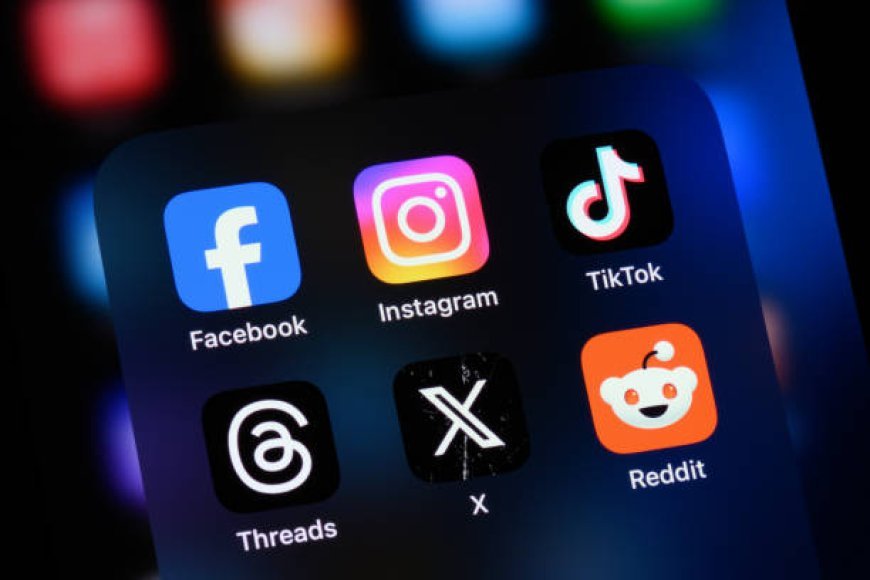MP Wants To Create Law To Regulate Social Media Influencers In Kenya
Jhanda said he intends to push for government limits on who can discuss professional matters online.

Nyaribari Chache Member of Parliament (MP) Zaheer Jhanda has unveiled plans to regulate the growing influence of social media personalities in Kenya.
In a social media post on Tuesday, October 28, Jhanda said he intends to push for government limits on who can discuss professional matters online.
The legislator noted that he will sponsor a bill requiring influencers to hold relevant qualifications—such as a degree—before sharing opinions on specialized subjects.
He cautioned that creators who speak on law, finance, health, or similar fields must be “qualified and accountable.”

MP Zaheer Jhanda attending the 68th Parliamentary Conference in Bridgetown, Barbados on October 11, 2025. /ZAHEER JHANDA
“I am borrowing a leaf from one of the most advanced nations – China – with a larger population than ours. I am equally going to sponsor a Bill to regulate Influencers. They must have degrees to talk about professional topics,” he stated.
Jhanda further emphasized that such influencers should be recognized by official professional bodies to curb misinformation.
“We cannot have a Country where everyone is an expert. They must be recognised by professional bodies such as the Law Society of Kenya (LSK), the Institute of Certified Public Accountants of Kenya (ICPAK), and the Media Council of Kenya (MCK),” he added.
He cited China’s recent move to tighten control over online creators as an example Kenya should follow.
According to the Cyberspace Administration of China (CAC), new regulations effective October 25, 2025, require influencers to verify their expertise—through degrees, licenses, or certifications—before discussing sensitive topics like law, education, finance, and medicine.
The rules also compel influencers to disclose when their content is research-based or AI-generated and bar them from advertising medical products, supplements, or health foods under the guise of educational material.
Why This Matters
MP Jhanda's proposal touches directly on free speech, digital influence, and trust in online information. Kenya’s social media scene is massive—millions rely on influencers for news, financial advice, health tips, and political opinions.
The lawmaker's proposal could reshape that entire landscape. On one hand, requiring influencers to have professional qualifications before talking about technical topics like law or medicine could help curb misinformation and protect the public from fake experts who spread harmful or misleading content.
However, this move could easily be seen as an attempt to control who gets to speak online, threatening freedom of expression. It risks silencing creators who share valuable insights based on experience rather than formal education. Many Kenyan influencers built careers by connecting with audiences in authentic, relatable ways—something a degree doesn’t guarantee.
If implemented, the law could also change how digital marketing, advocacy, and citizen journalism work, with professional bodies and government agencies determining who qualifies to post about what.
The balance between accountability and free speech will be critical. Ultimately, this debate isn’t just about influencers—it’s about who controls information in Kenya’s increasingly digital democracy.







